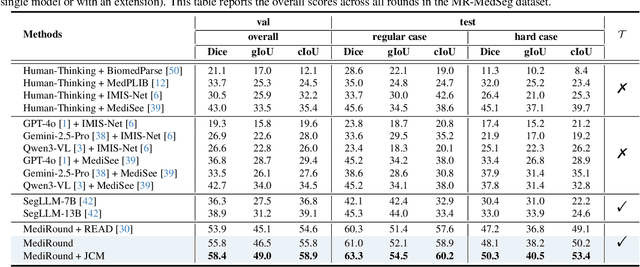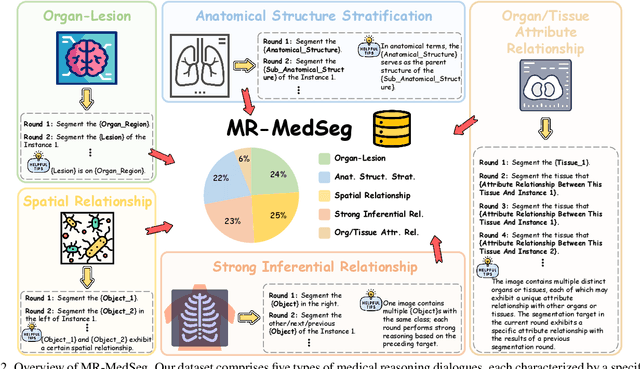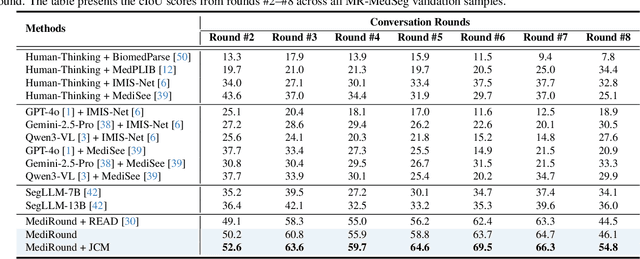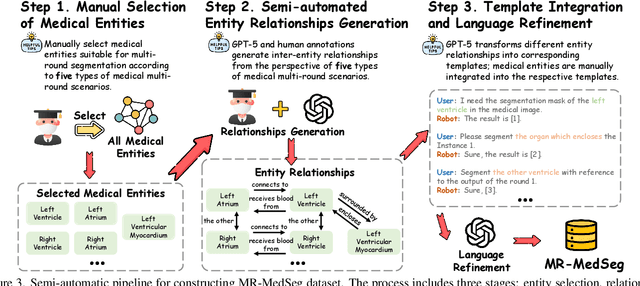Zheming Lu
Unifying Watermarking via Dimension-Aware Mapping
Feb 03, 2026Abstract:Deep watermarking methods often share similar encoder-decoder architectures, yet differ substantially in their functional behaviors. We propose DiM, a new multi-dimensional watermarking framework that formulates watermarking as a dimension-aware mapping problem, thereby unifying existing watermarking methods at the functional level. Under DiM, watermark information is modeled as payloads of different dimensionalities, including one-dimensional binary messages, two-dimensional spatial masks, and three-dimensional spatiotemporal structures. We find that the dimensional configuration of embedding and extraction largely determines the resulting watermarking behavior. Same-dimensional mappings preserve payload structure and support fine-grained control, while cross-dimensional mappings enable spatial or spatiotemporal localization. We instantiate DiM in the video domain, where spatiotemporal representations enable a broader set of dimension mappings. Experiments demonstrate that varying only the embedding and extraction dimensions, without architectural changes, leads to different watermarking capabilities, including spatiotemporal tamper localization, local embedding control, and recovery of temporal order under frame disruptions.
MediRound: Multi-Round Entity-Level Reasoning Segmentation in Medical Images
Nov 15, 2025



Abstract:Despite the progress in medical image segmentation, most existing methods remain task-specific and lack interactivity. Although recent text-prompt-based segmentation approaches enhance user-driven and reasoning-based segmentation, they remain confined to single-round dialogues and fail to perform multi-round reasoning. In this work, we introduce Multi-Round Entity-Level Medical Reasoning Segmentation (MEMR-Seg), a new task that requires generating segmentation masks through multi-round queries with entity-level reasoning. To support this task, we construct MR-MedSeg, a large-scale dataset of 177K multi-round medical segmentation dialogues, featuring entity-based reasoning across rounds. Furthermore, we propose MediRound, an effective baseline model designed for multi-round medical reasoning segmentation. To mitigate the inherent error propagation in the chain-like pipeline of multi-round segmentation, we introduce a lightweight yet effective Judgment & Correction Mechanism during model inference. Experimental results demonstrate that our method effectively addresses the MEMR-Seg task and outperforms conventional medical referring segmentation methods.
MediSee: Reasoning-based Pixel-level Perception in Medical Images
Apr 15, 2025Abstract:Despite remarkable advancements in pixel-level medical image perception, existing methods are either limited to specific tasks or heavily rely on accurate bounding boxes or text labels as input prompts. However, the medical knowledge required for input is a huge obstacle for general public, which greatly reduces the universality of these methods. Compared with these domain-specialized auxiliary information, general users tend to rely on oral queries that require logical reasoning. In this paper, we introduce a novel medical vision task: Medical Reasoning Segmentation and Detection (MedSD), which aims to comprehend implicit queries about medical images and generate the corresponding segmentation mask and bounding box for the target object. To accomplish this task, we first introduce a Multi-perspective, Logic-driven Medical Reasoning Segmentation and Detection (MLMR-SD) dataset, which encompasses a substantial collection of medical entity targets along with their corresponding reasoning. Furthermore, we propose MediSee, an effective baseline model designed for medical reasoning segmentation and detection. The experimental results indicate that the proposed method can effectively address MedSD with implicit colloquial queries and outperform traditional medical referring segmentation methods.
UltraFusion: Ultra High Dynamic Imaging using Exposure Fusion
Jan 20, 2025



Abstract:Capturing high dynamic range (HDR) scenes is one of the most important issues in camera design. Majority of cameras use exposure fusion technique, which fuses images captured by different exposure levels, to increase dynamic range. However, this approach can only handle images with limited exposure difference, normally 3-4 stops. When applying to very high dynamic scenes where a large exposure difference is required, this approach often fails due to incorrect alignment or inconsistent lighting between inputs, or tone mapping artifacts. In this work, we propose UltraFusion, the first exposure fusion technique that can merge input with 9 stops differences. The key idea is that we model the exposure fusion as a guided inpainting problem, where the under-exposed image is used as a guidance to fill the missing information of over-exposed highlight in the over-exposed region. Using under-exposed image as a soft guidance, instead of a hard constrain, our model is robust to potential alignment issue or lighting variations. Moreover, utilizing the image prior of the generative model, our model also generates natural tone mapping, even for very high-dynamic range scene. Our approach outperforms HDR-Transformer on latest HDR benchmarks. Moreover, to test its performance in ultra high dynamic range scene, we capture a new real-world exposure fusion benchmark, UltraFusion Dataset, with exposure difference up to 9 stops, and experiments show that \model~can generate beautiful and high-quality fusion results under various scenarios. An online demo is provided at https://openimaginglab.github.io/UltraFusion/.
Hybrid Mask Generation for Infrared Small Target Detection with Single-Point Supervision
Sep 06, 2024



Abstract:Single-frame infrared small target (SIRST) detection poses a significant challenge due to the requirement to discern minute targets amidst complex infrared background clutter. Recently, deep learning approaches have shown promising results in this domain. However, these methods heavily rely on extensive manual annotations, which are particularly cumbersome and resource-intensive for infrared small targets owing to their minute sizes. To address this limitation, we introduce a Hybrid Mask Generation (HMG) approach that recovers high-quality masks for each target from only a single-point label for network training. Specifically, our HMG approach consists of a handcrafted Points-to-Mask Generation strategy coupled with a pseudo mask updating strategy to recover and refine pseudo masks from point labels. The Points-to-Mask Generation strategy divides two distinct stages: Points-to-Box conversion, where individual point labels are transformed into bounding boxes, and subsequently, Box-to-Mask prediction, where these bounding boxes are elaborated into precise masks. The mask updating strategy integrates the complementary strengths of handcrafted and deep-learning algorithms to iteratively refine the initial pseudo masks. Experimental results across three datasets demonstrate that our method outperforms the existing methods for infrared small target detection with single-point supervision.
Dense Affinity Matching for Few-Shot Segmentation
Jul 17, 2023



Abstract:Few-Shot Segmentation (FSS) aims to segment the novel class images with a few annotated samples. In this paper, we propose a dense affinity matching (DAM) framework to exploit the support-query interaction by densely capturing both the pixel-to-pixel and pixel-to-patch relations in each support-query pair with the bidirectional 3D convolutions. Different from the existing methods that remove the support background, we design a hysteretic spatial filtering module (HSFM) to filter the background-related query features and retain the foreground-related query features with the assistance of the support background, which is beneficial for eliminating interference objects in the query background. We comprehensively evaluate our DAM on ten benchmarks under cross-category, cross-dataset, and cross-domain FSS tasks. Experimental results demonstrate that DAM performs very competitively under different settings with only 0.68M parameters, especially under cross-domain FSS tasks, showing its effectiveness and efficiency.
Multi-Context Interaction Network for Few-Shot Segmentation
Mar 11, 2023



Abstract:Few-Shot Segmentation (FSS) is challenging for limited support images and large intra-class appearance discrepancies. Due to the huge difference between support and query samples, most existing approaches focus on extracting high-level representations of the same layers for support-query correlations but neglect the shift issue between different layers and scales. In this paper, we propose a Multi-Context Interaction Network (MCINet) to remedy this issue by fully exploiting and interacting with the multi-scale contextual information contained in the support-query pairs. Specifically, MCINet improves FSS from the perspectives of boosting the query representations by incorporating the low-level structural information from another query branch into the high-level semantic features, enhancing the support-query correlations by exploiting both the same-layer and adjacent-layer features, and refining the predicted results by a multi-scale mask prediction strategy, with which the different scale contents have bidirectionally interacted. Experiments on two benchmarks demonstrate that our approach reaches SOTA performances and outperforms the best competitors with many desirable advantages, especially on the challenging COCO dataset.
 Add to Chrome
Add to Chrome Add to Firefox
Add to Firefox Add to Edge
Add to Edge